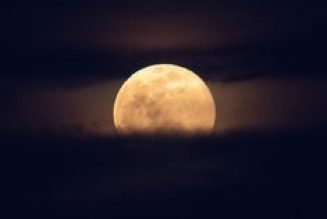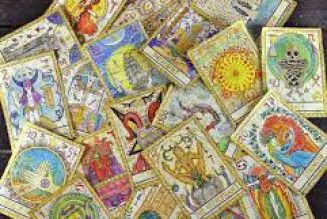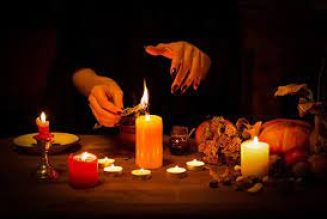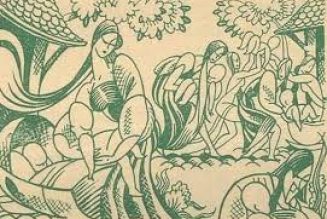“Magic is supernatural.”
“Magic is evil.”
“Magic is dangerous.”
“Magic is illusion.”
These statements, all false, have been passed down to us by earlier generations of nonpractitioners.
Only those who haven’t worked magic believe these ideas to be true.
All of the statements have also been made about many other practices in earlier times: mathematics, chemistry, psychology, psychics, astronomy, and surgery.
These and many other arts and sciences have been pushed from the darkness that lurks behind such statements into the light.
They are no longer considered to be supernatural, evil, too dangerous, or illusionary.
At least two aspects of our lives haven’t yet been ushered into this august group: magic and the religious experience.
Hardline scientists and those sharing their worldview lump these two together because, to them, they’re fantasies with no basis in fact.
Magic, to them, can’t possibly be successful, because there are no known laws governing the mechanism at work in magic, and no known force that could empower it.
They often view the religious experience with a similar mixture of amusement and contempt.
Telling an individual who has established a personal relationship with a deity that deity doesn’t exist will produce predictable results.
The same is true of magicians: they don’t believe that magic is effective; they know that it is.






